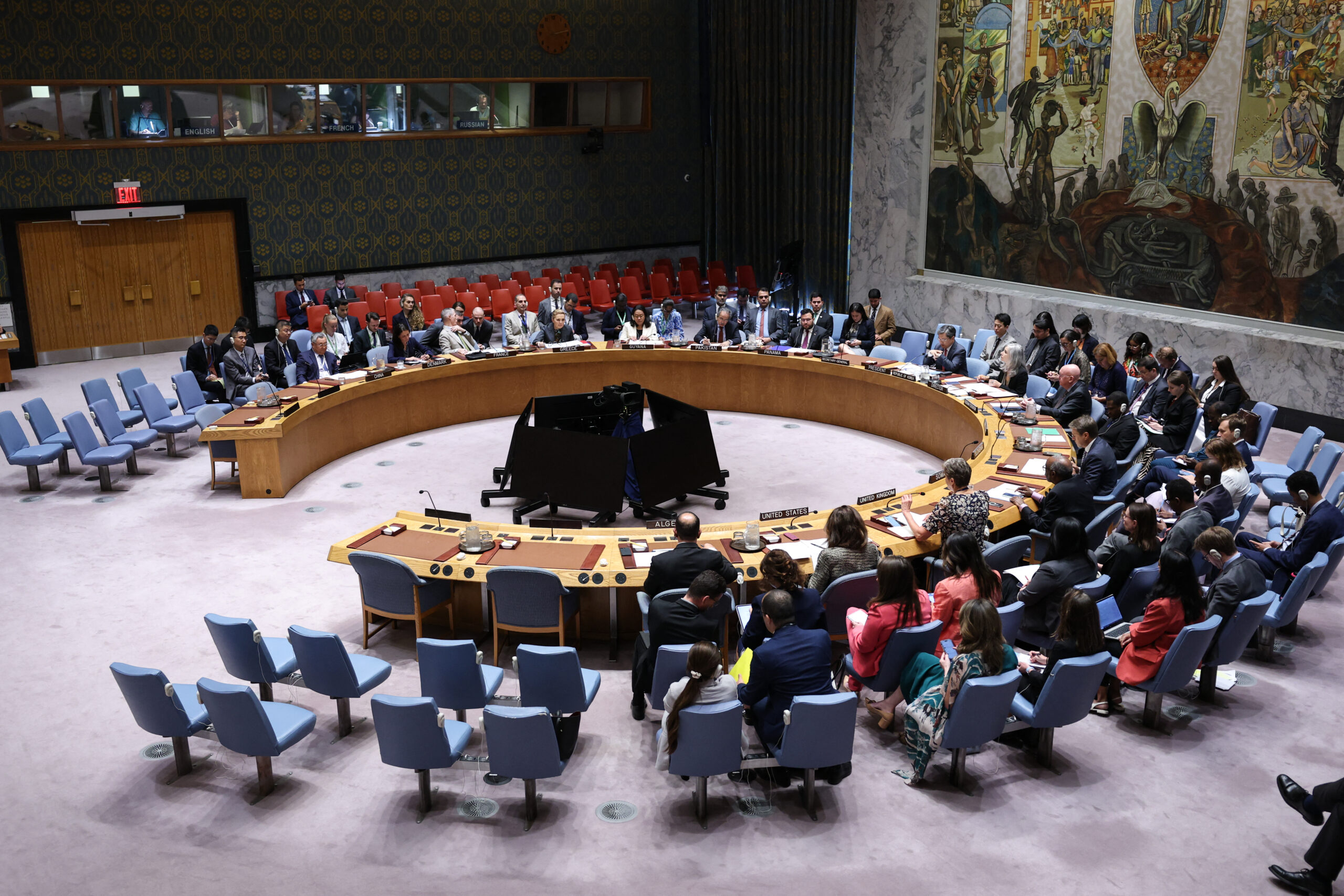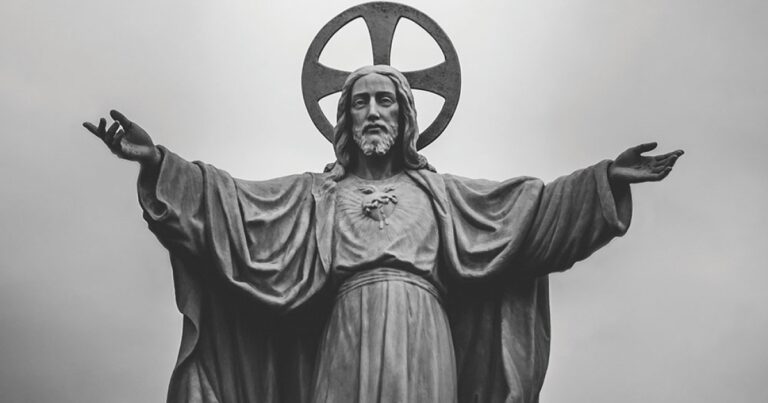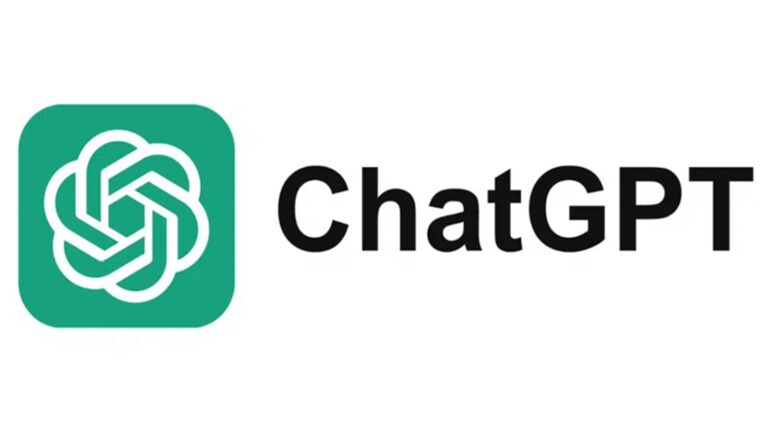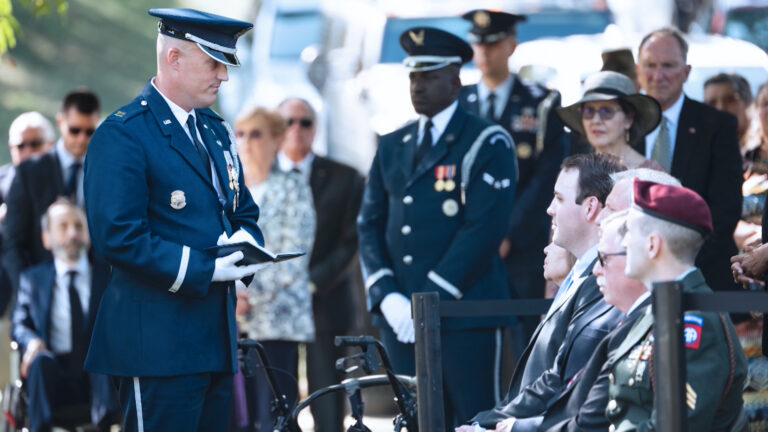
The United Nations Security Council holds a meeting on Iran at UN headquarters on September 19, 2025, in New York. The United Nations Security Council will vote Friday on reimposing deep economic sanctions on Iran over its resurgent nuclear program. Britain, France and Germany -- signatories to a 2015 deal known as the Joint Comprehensive Plan of Action (JCPOA) intended to stop Tehran obtaining nuclear weapons -- allege that Iran has broken its promises under the treaty. (Photo by ANGELA WEISS / AFP) (Photo by ANGELA WEISS/AFP via Getty Images)
Iran has officially scrapped a deal to cooperate with the United Nations’ nuclear watchdog group, the International Atomic Energy Agency (IAEA), signaling escalating tensions between Tehran and the West.
Supreme National Security Council Secretary Ali Larijani announced on Monday that Iran’s cooperation with the IAEA had come to an end this week following the reinstatement of sanctions last month. These sanctions, triggered by Iran’s failure to adequately engage with the watchdog group, were reimposed under the “snapback” mechanism.
“Following the activation of the Snapback mechanism, as [Foreign Minister Abbas Araghchi] has previously stated, we will revise the Cairo Agreement, which we now consider invalid,” Larijani said in a statement.
The snapback sanctions took effect in September, resulting in the freezing of Iran’s assets abroad, halting arms deals, and penalizing any developments in its ballistic missile program. These punitive measures have been enforced amid Iran’s refusal to allow IAEA inspectors into the country since its 12-day conflict with Israel over the summer.
That conflict saw Israel, backed by the United States, bombard Iranian nuclear facilities in a series of strikes. In response, Iran’s top officials accused the IAEA of collaborating with the US and Israel to target its nuclear program—accusations the independent watchdog group denies.
Despite signing a cooperation agreement last month aimed at easing tensions, Larijani announced that the deal is now considered void. However, he left open the possibility for future dialogue, stating, “If the IAEA presents a new proposal for cooperation, it will be studied by the SNSC.”
The decision to scrap the deal comes as Iran’s Supreme Leader, Ayatollah Ali Khamenei, rejected an offer to renew nuclear talks with then-President Donald Trump. Khamenei criticized the United States’ role in the 12-day conflict, dismissing Trump’s claims of being a “dealmaker.”
“Trump says he is a dealmaker, but if a deal is accompanied by coercion and its outcome is predetermined, it is not a deal but rather an imposition and bullying,” Khamenei said, according to state media.
The Ayatollah also disputed assertions that the US and Israel destroyed Iran’s nuclear program during their strikes. “The U.S. president proudly says they bombed and destroyed Iran’s nuclear industry. Very well, keep dreaming!” Khamenei commented. He added, “What does it have to do with America whether Iran has nuclear facilities or not? These interventions are inappropriate, wrong and coercive.”
Nuclear experts acknowledge that Iran’s nuclear program has suffered significant setbacks, potentially setting Tehran back by years. However, the full extent of the damage remains unclear pending a comprehensive assessment by the IAEA.
With Post wires.
https://nypost.com/2025/10/20/world-news/iran-scraps-cooperation-deal-with-un-nuclear-watchdog-as-khamenei-taunts-trump/





